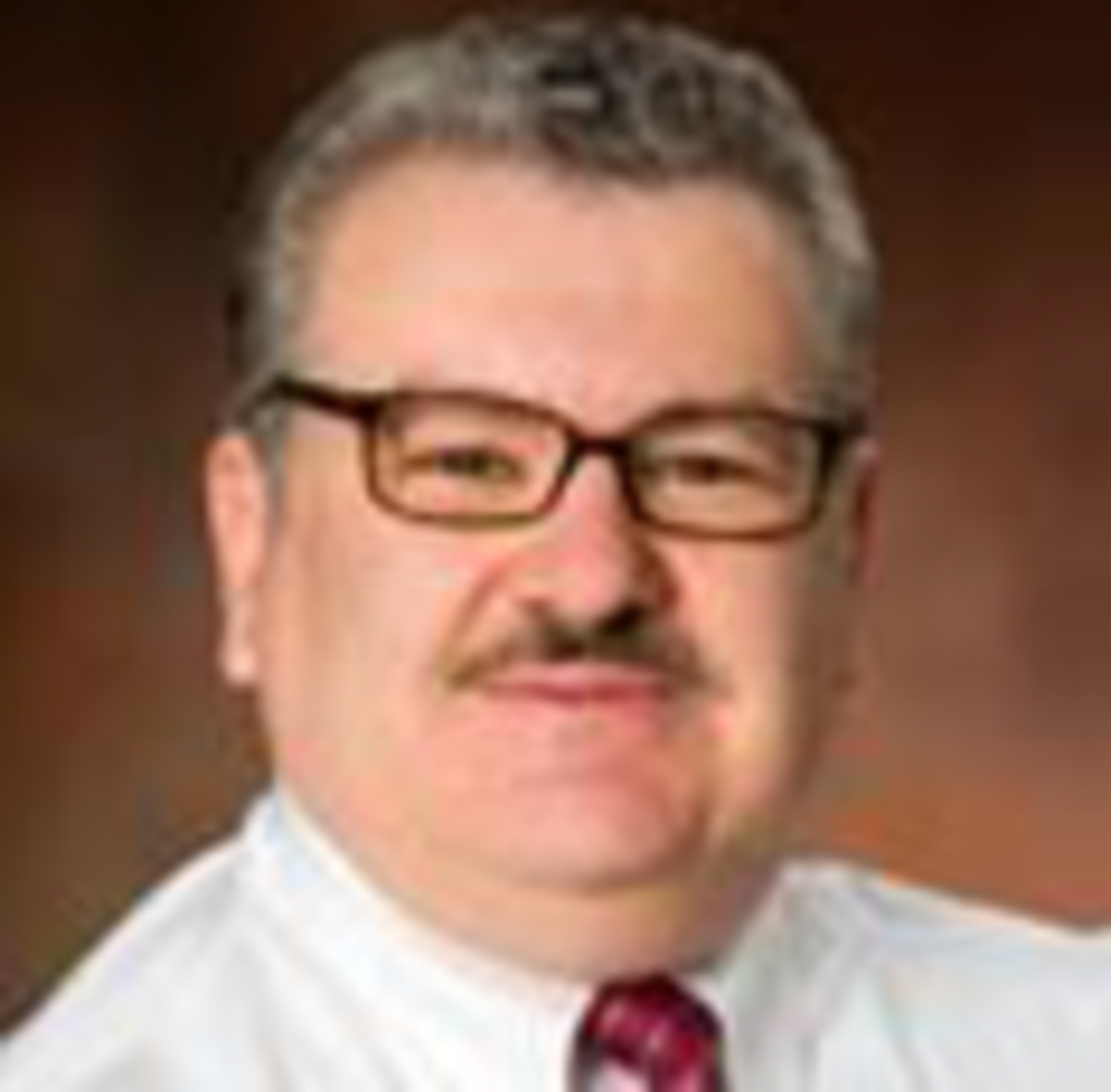Research in the Time of Corona: Stevens Adjunct Kicks Off Seminar Series with SARS-CoV2 Lecture
The first lecture in the fall Chemistry and Chemical Biology seminar series will discuss SARS-CoV2, and how the Infectious Disease group at Merck is responding to the crisis
With the approach of fall, the global pandemic remains top-of-mind for everyone. Nick Murgolo, senior principal scientist at Merck Research Laboratories and adjunct professor in the Department of Chemistry and Chemical Biology (CCB) at Stevens Institute of Technology, will kick off the fall CCB seminar series on September 16 with a timely discussion of strategies for developing SARS-CoV2 therapeutics.
Once a Duck, Always a Duck
Murgolo’s connection with Stevens goes back 40 years. He completed his undergraduate degree in synthetic chemistry in 1984, working on monocyclic beta-lactam antibiotics with then-Professors Manhas and Bose. Nick also completed his masters concurrently studying steroid biochemistry with CCB Professor Nuran Kumbaraci-Jones, and received a doctorate in lipid biochemistry in 1988.
After a postdoc at Rockefeller University in medical biochemistry, he joined a lab at Schering-Plough (later acquired by Merck), working in biotechnology. It was a different landscape at the time. “Back then, there wasn't a word ‘bioinformatics. Nowadays all biologists study computer science and mathematical methods; then they didn't. Stevens was an unusual place. When bioinformatics took off in the 1990s, I’d been trained in both, so a Stevens education really helped me.”
Now Murgolo leads genetics efforts supporting the Infectious Diseases group at Merck. Since 1990, he’s also taught biochemistry and computational biology at Stevens.
An Inside View
Murgolo’s seminar will describe the SARS-CoV2 genome and how the virus gains entry to cells. It’s been a major focus for Merck since January, and their research approach is multi-pronged, including direct acting enzyme inhibitors, drug repurposing assays, vaccine development, peptides, and antibody strategies.
A Multidisciplinary Effort
Murgolo has had exciting developments in his 30-year pharmaceutical career—including identifying a novel antibacterial that binds riboswitch RNA, discovering the mechanism of dietary cholesterol absorption, and designing an antibody used in childhood asthma. Nick holds 15 patents—but he’s quick to shine the spotlight on the team. “One thing I’ve learned is most successes are more “we” than “I.” You work together in a multidisciplinary research team with chemists, biologists, engineers, physicians, and biotech experts to bring something to market. It's never just one person. That's the kind of thing that a pharmaceutical company can bring to bear—you get to be a part of that.”
That approach is crucial as Merck tackles SARS-CoV2. “It's stressful and has changed everyone's way of life. But it's given us great resolve. Screening we've done has been in collaboration with partners, and all are gung-ho to help. Everybody taps a colleague on the shoulder who is expert in another area.”
Where to Watch
Murgolo’s lecture, entitled “Optimal in vitro Screening Methods for Inhibitors of SARS-CoV2: Consideration of Host Cell Lines and Tissues Permissive for Replication, Tropism, Entry and Propagation,” can be viewed on Zoom on Wednesday, September 16, at 2 p.m. Additional seminars will follow on October 7 by Merck alumna Karen Akinsanya (Schrodinger) on “Modernizing Drug Discovery and Development: Integrating Data and Decision Sciences;” and October 14 by Lance Buck of Jersey City Medical Center on “COVID-19 and Pregnancy.”
Learn more about Chemistry and Chemical Biology at Stevens:
Chemistry and Chemical Biology Department



